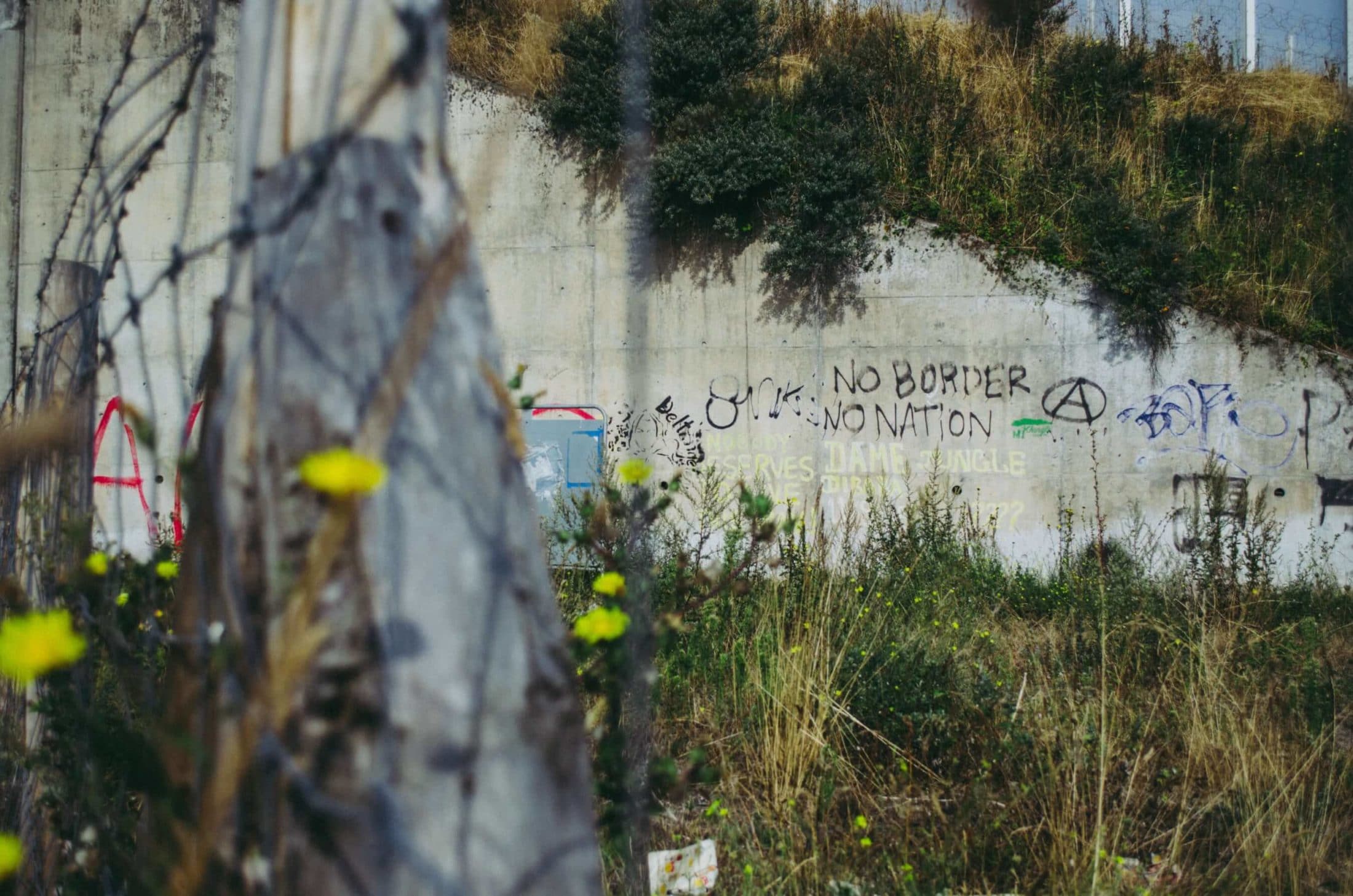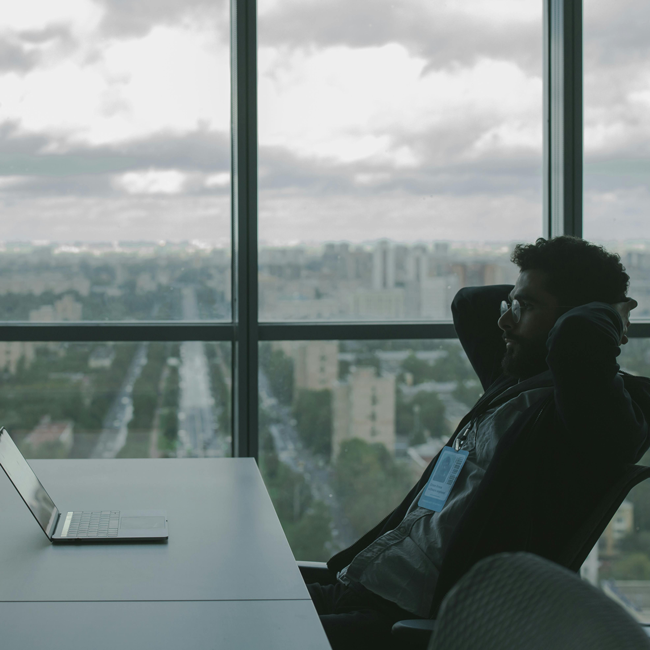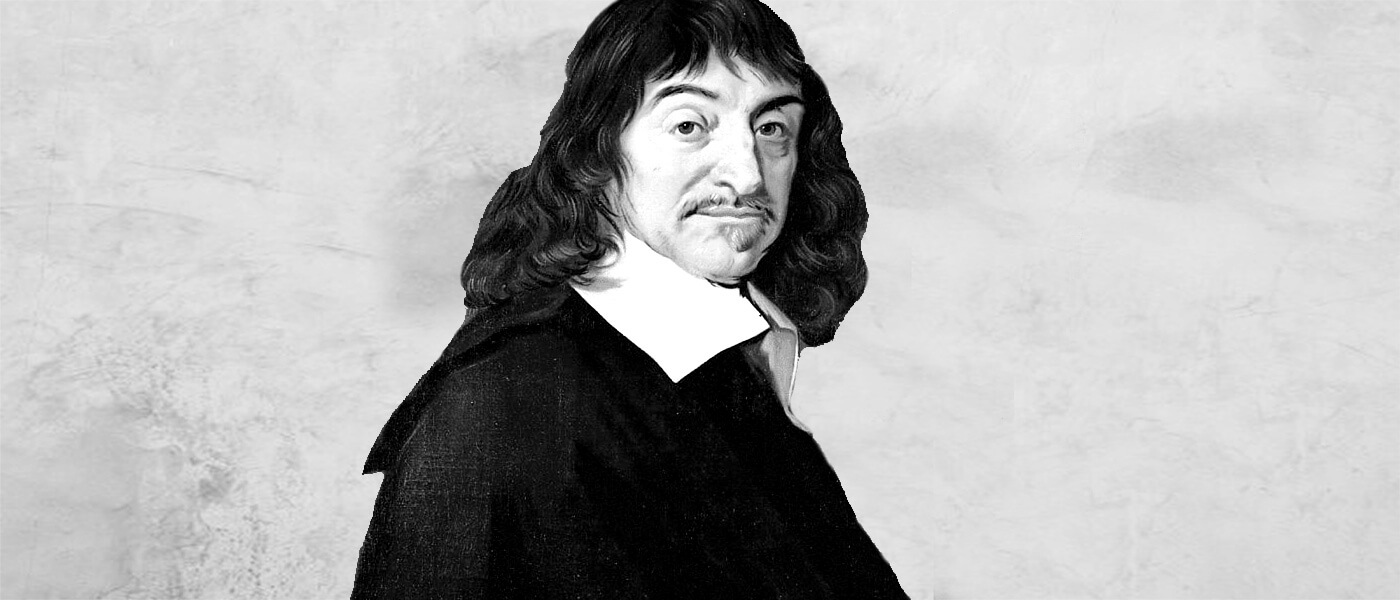The sticky ethics of protests in a pandemic
The sticky ethics of protests in a pandemic
Opinion + AnalysisPolitics + Human RightsRelationshipsSociety + Culture
BY Simon Longstaff The Ethics Centre 31 JUL 2020
[Video Transcript]
This week has seen the unfolding of a classic ethical dilemma.
A clash between the ethics of peaceful citizens wishing to exercise their democratic right to gather in support of the Black Lives Matter movement and the ethics of medical experts, the NSW Government, the Supreme Court and the NSW Police Force – all of whom combined to prevent these same citizens from gathering together in numbers thought to represent a risk to human health and safety.
The strangest thing of all was that people on both sides of this dilemma supported the objectives of the protesters – with the Deputy Chief Medical Officer, Dr Nick Coatsworth, saying that on any other day, and in any other circumstance, he would be in the ranks of the protesters – championing their cause. Even the NSW Police Commissioner, Mick Fuller, sounded genuinely sympathetic.
So, how did people sharing so much in terms of good will find themselves so divided … and what are we to make of the merits of each side of the argument?
To say that these are extraordinary times is the understatement of the year. The second wave of infections, in Victoria, has ramped up the pressure as we witness the infection spread like wildfire. What started off as a lazy spark is now a growing conflagration – burning up the lives of the vulnerable as it spreads from hotel, to tower block, to abattoir, to aged care homes. The medical fraternity is seeing frontline staff having to withdraw to quarantine as the beds begin to fill. Meanwhile, lockdown and mounting concern is further depressing economic activity.
Is there any wonder that the authorities in NSW are desperate to prevent the same sparks from igniting here? Already, we know that the tinder is dry … with minor outbreaks flaring up across the city. Infection rates in Sydney are on the knife-edge. So when the best available medical advice was that it is too dangerous for a mass gathering of those who support the proposition that Black Lives Matter, a Supreme Court Judge ordered that the protests not proceed – not to suppress the free expression of political opinion but instead to protect the vulnerable many from the risk posed by the sincere and committed few.
Against this, the protest organisers argued that they would guarantee a safe event with people masked and physically distant. They charged the authorities with hypocrisy, pointing out that if people are allowed to travel to work or gather for church services or engage in any one of a number of other types of permitted activity, why single out and ban a protest to condemn the deaths in custody of First Nations people? It’s a good question.
Opponents to the gathering could argue that a protest is, by its very nature, an unruly venture. No one can ever know, in advance, who will turn up, in what numbers, in what mood, with what motives? Even the best organised political gathering can get out of control. It is at least arguable that there is a valid distinction to be made between protest marches and other gatherings.
Even so, it’s hard not to think that it might have been better to set clear guidelines for the gathering, and only then intervene if they were not followed. As noted above, the protest organisers were publicly committing to an event in which every person wore a mask and maintained proper distancing in a large, open air environment.
One wonders what might have been possible had the police and organisers been able to work together to uphold such standards. In those circumstances I reckon that the organisers might have been just as willing, as the police, to close down the event if their supporters failed to observe the rules.
However, we shall now never know.
Some might suggest an ulterior motive in curbing a protest about black lives and Indigenous deaths in custody. If you belong to one of the marginalised groups who have lost loved ones to the criminal justice system due to racism and prejudice, it would be easy to believe that the cancellation of a protest march is just the latest example of unjust oppression.
However, in this case, I do not think that would be a fair or accurate judgment. As I noted above, there was a palpable air of good will in support of the protesters’ objectives, if not their chosen means on this occasion.
Instead, fear of what might have happened seems to have won the day. In part, this is because the public is merciless and unforgiving whenever public officials make the slightest mistake. Again, Victoria is a case in point, with the Andrews government being hauled over the coals for its evidently ineffective management of the pandemic. I very much doubt that Daniel Andrews, or his colleagues, would be cut any slack, by the Victorian public, if they invoked arguments about democracy and free speech to defend their decision making.
NSW Premier, Gladys Berejiklian, would have this example in mind, concluding that few politicians are ever punished for going overboard on public health and safety. More’s the pity.
In my opinion, politicians should be held to equal account for going further than is reasonable or proportionate -especially because of the implications on civil liberties, not least for especially vulnerable and disenfranchised groups. Governments that curb the liberty of citizens should only do so for reasons of necessity, and then only in a manner that is reasonable, proportionate and equitable. Yet, rarely do we see such standards being invoked by a fearful public.
There is a fine line between genuinely protecting the public from harm and constraining the democratic rights of citizens; there is a fine line between exercising those rights and avoiding preventable harm to others.
Ideally, one limits those rights to the bare minimum necessary to secure the public good. It is an open question as to whether or not that occurred in this case.
You can contact The Ethics Centre about any of the issues discussed in this article. We offer free counselling for individuals via Ethi-call; professional fee-for-service consulting, leadership and development services; and as a non-profit charity we rely heavily on donations to continue our work, which can be made via our website. Thank you.
Ethics in your inbox.
Get the latest inspiration, intelligence, events & more.
By signing up you agree to our privacy policy
You might be interested in…
Opinion + Analysis
Politics + Human Rights
Settler rage and our inherited national guilt
Opinion + Analysis
Politics + Human Rights, Relationships, Society + Culture
Stop giving air to bullies for clicks
Explainer
Society + Culture, Politics + Human Rights
Ethics Explainer: Just Punishment
Opinion + Analysis
Politics + Human Rights
The Australian debate about asylum seekers and refugees
BY Simon Longstaff
After studying law in Sydney and teaching in Tasmania, Simon pursued postgraduate studies in philosophy as a Member of Magdalene College, Cambridge. In 1991, Simon commenced his work as the first Executive Director of The Ethics Centre. In 2013, he was made an officer of the Order of Australia (AO) for “distinguished service to the community through the promotion of ethical standards in governance and business, to improving corporate responsibility, and to philosophy.”
BY The Ethics Centre
The Ethics Centre is a not-for-profit organisation developing innovative programs, services and experiences, designed to bring ethics to the centre of professional and personal life.
Stop giving air to bullies for clicks

Stop giving air to bullies for clicks
Opinion + AnalysisPolitics + Human RightsRelationshipsSociety + Culture
BY Simon Longstaff The Ethics Centre 31 JUL 2020
By now, most people will have heard of the antics of the person who berated staff at Bunnings – simply because the staff insisted that she wear a mask before entering the store.
As is common these days, the altercation was filmed on someone’s phone and uploaded to social media channels. However, the story also captured the attention of mainstream media. What would normally have been an incident of minor importance soon became a topic of the national conversation – bringing fame (or infamy) to the antagonist.
I do not want to add to this person’s unwarranted celebrity. In part, this is because I do not think people should be rewarded for being rude and aggressive. In part, it is because I do not want to fuel further interest in ideas that are not just wrong – but dangerously so.
Instead, I want to focus on two issues of relevance to the media. First, should oxygen be given to people and ideas that do not deserve the public’s attention? Second, how can we avoid causing unintended harm done to people who have legitimate reasons for not wearing face masks – but who are made to feel like a pariah for not doing so?
The first of these issues is one of general concern. Naturally enough, the media is keen to cover stories that engage the interest of their audience. This is perfectly understandable in a context where maintaining audience numbers is critical to survival. People want to hear about the extraordinary. However, there are times when giving people what they want is not in their interest – a principle that holds for individuals as it does for wider society. An alcoholic might want another drink – but it is not in their interest to give them one!
The world abounds with crackpots, conspiracy theorists – and the like. At one level, it is easy to dismiss them as a part of a radical fringe whose ludicrous beliefs are merely entertaining. However, we should never underestimate the ability of such groups to wheedle their way into the public consciousness – even to the point where what seems to be extreme on one day eventually becomes commonplace … just part of the background beliefs of our time. We have seen this in the case of anti-vaxxers, or the people who believe that infection rates for COVID-19 are linked to 5G telephone towers, or that one’s gender or race determines character … and so on.
As noted above, some of these ideas can be explosive in their effects … with the potential for damage easily predicted. Yet, if the proponents are sufficiently weird, wonderful or compelling, then there is a chance that their views might be amplified by a media seduced by the novelty of what is being presented. This is not to suggest that the media approves of the ideas it promotes. If anything, most outlets probably assume that wacky ideas are pure entertainment – that no one will actually be seduced by ridiculous ideas. Unfortunately, history is full of examples of improbable beliefs becoming embedded in ‘mainstream’ ideologies.
This is not to suggest that the media should never cover stories like the incident at Bunnings. However, I think a decision to tell such a story comes with an additional obligation explicitly to discount the validity of claims that are false and misleading. That is, there are times when just reporting the facts will not be enough. Instead, editorial judgement needs to be brought to bear.
The application of judgement is also required in minimising the unintended, adverse effects of moderating opinion about matters like the wearing of face masks during a rampant pandemic. The person at Bunnings objected to wearing a mask as if to do so was some kind of violation of basic human rights. Those arguments were singularly poor – and potentially dangerous – as they uncritically undercut most efforts to preserve the health and safety of the community. However, there could have been another person – perhaps suffering from a medical condition – for whom not wearing a mask is a matter of necessity (not choice). The arguments of that person deserve to be taken seriously.
While it is important to repudiate the crackpots, we should do so with a care not to inflame public prejudice of a kind that discounts every objection as invalid. Some people have perfectly good reasons for not conforming to accepted norms that are justifiable in general.
The bully at the Bunnings door did little to advance the public debate about the rights and responsibilities of citizens and the community. But perhaps she has done some good – in prompting further reflection about what, when and how the media chooses to amplify through its channels.
This article was first written for, and published by Crikey. It has been republished here with permission.
You can contact The Ethics Centre about any of the issues discussed in this article. We offer free counselling for individuals via Ethi-call; professional fee-for-service consulting, leadership and development services; and as a non-profit charity we rely heavily on donations to continue our work, which can be made via our website. Thank you.
Ethics in your inbox.
Get the latest inspiration, intelligence, events & more.
By signing up you agree to our privacy policy
You might be interested in…
Opinion + Analysis
Business + Leadership, Society + Culture
Access to ethical advice is crucial
Opinion + Analysis
Politics + Human Rights
Australia’s ethical obligations in Afghanistan
Big thinker
Relationships
Big Thinker: René Descartes
Opinion + Analysis
Business + Leadership, Society + Culture









